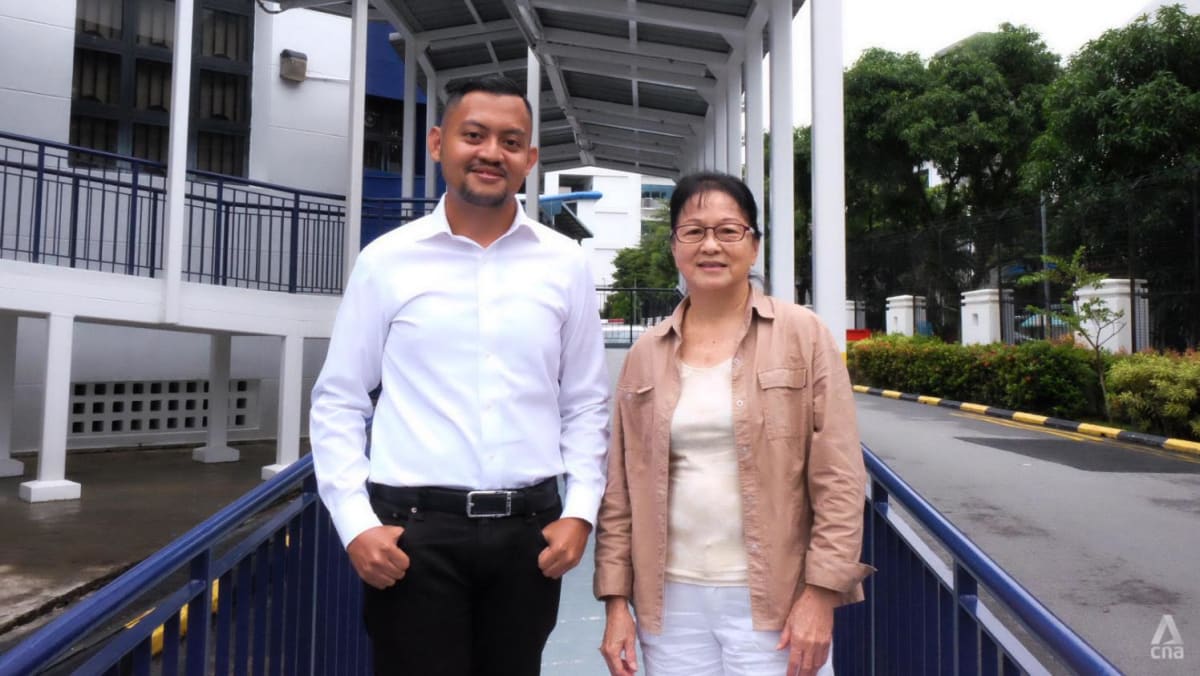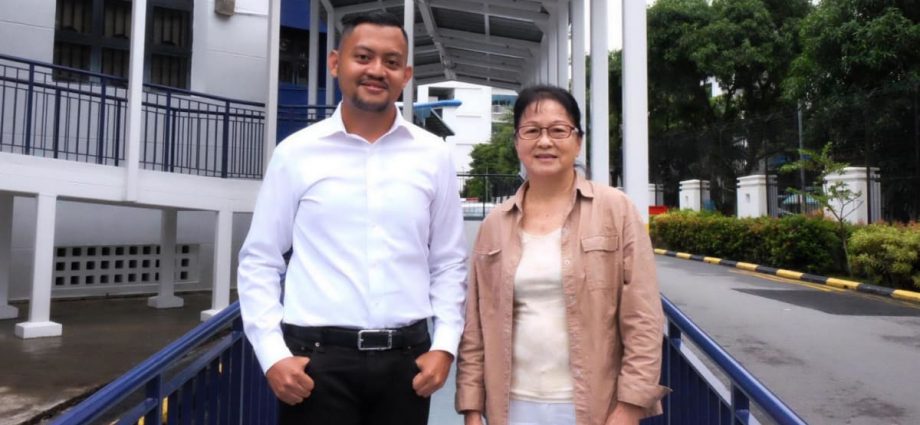
The scheme was first piloted in 2017, before being rolled out islandwide in 2019.
It followed a multi-agency review of investigation processes for young people after the suicide of Benjamin Lim. The 14-year-old was found dead at the foot of his block after he was questioned by the police over an allegation involving outrage of modesty.
The scheme currently applies to suspects under 16, but as announced in Parliament in July, it will be expanded to cover suspects aged 16 and 17 by October next year.
Minister of State for Home Affairs Muhammad Faishal Ibrahim said last year that there are regular reviews to ensure that protocols in dealing with young suspects are up to date. He spoke in Parliament in response to questions from MPs about the case of 17-year-old drug suspect Justin Lee, who fell to his death months after he was arrested and charged in court.
PASSION TO SERVE
Having previously helped with a football programme at Roundbox, one of Singapore Children Society’s youth drop-in centres, Mr Ilyas is no stranger to volunteering with minors.
“The football programme ended and they extended this opportunity to me which I found quite interesting, so I took it up. I’ve always had this passion to serve and it involved the youth. I really believe that our youth are our future,” he told CNA.
“There are two parts to this – one of them is … helping out with this programme and at the same time it also gives me an understanding on why youth act a certain way and stuff like that.”
While he initially had reservations about his safety, these concerns eventually dissipated, Mr Ilyas said.
“After I took on a few cases here and there, I realised that most of these children … did what they did because of circumstances instead of them being bad people. So that gave me the assurance to continue on,” he explained.
Before becoming an “appropriate adult”, volunteers like Mr Ilyas undergo compulsory training by the Singapore Children’s Society, the service provider for the AAYS.
Volunteers must attend a compulsory briefing, followed by an AAYS volunteer training session before they can be activated. They are trained to look out for signs of distress in the young suspect, aid communication between the young suspect and investigation officer and provide emotional support when necessary.
Volunteers CNA spoke to stressed the need to be a neutral party during interviews.
“Being neutral really helps them to open up a bit. Even the simple act of just nodding along to what they say can help them be more comfortable. It definitely helps if you portray neutrality very well, then I think both parties will have a win-win situation,” said Mr Ilyas.
“We must be balanced, we must show them I’m not (taking) any side,” added Madam Irene Yeh, another volunteer. The 70-year-old was introduced to the AAYS by a friend, and has been helping out for more than two years.
“When I am there, I think they feel safer. And I always tell them I’m not a police officer. I emphasise I’m not a police officer. Of course some of the kids, they don’t understand what an AA is, so I use another term like I’m a volunteer from Children’s Society … This is where I make them feel comfortable,” she added.

